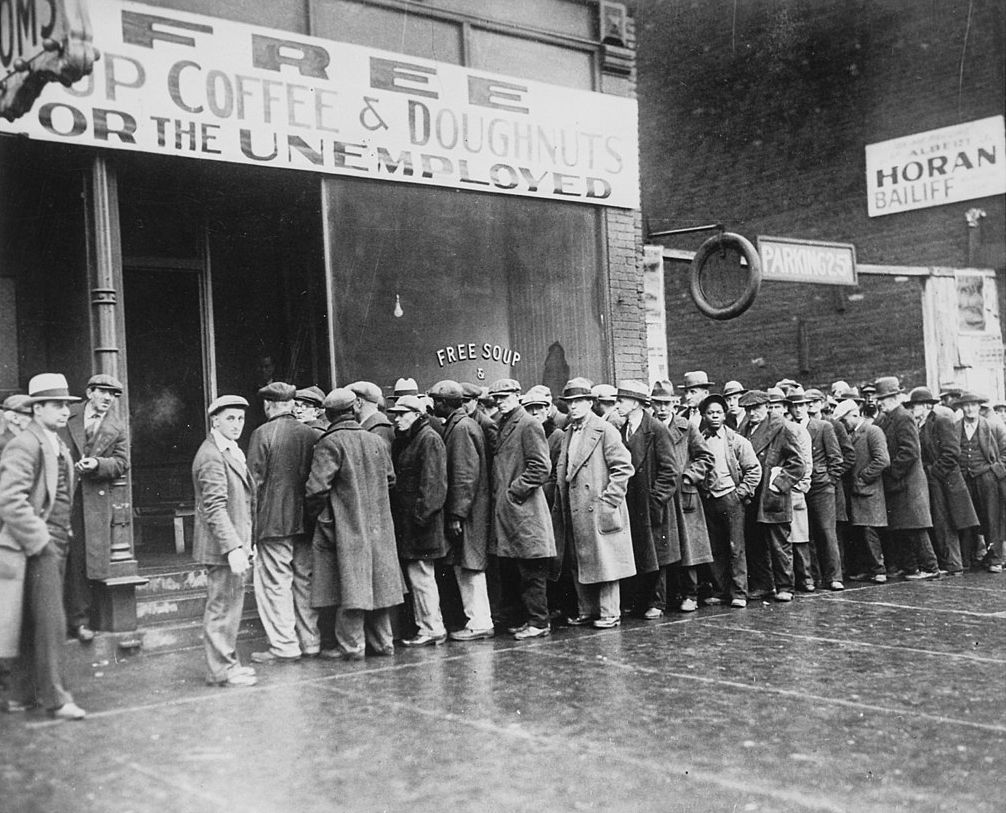
The Great Depression is the term applied to a serious and long-lasting financial depression that began in the United States in 1929 and lasted through approximately 1941. Naturally, it affected the world in general.
Curiously, but when you think about it, not too surprisingly, not all U.S. citizens suffered from the Great Depression. In fact, some even prospered as a result of it. Who? How?
The Masses
Probably contrary to what you might suppose, life expectancy actually rose. It’s natural to think suicide would have lowered life expectancy; yet suicide represents only a tiny fraction of total deaths. Even though suicides increased, longevity improved. The CNN reference offers some suggestions why.
Individual Success
Charles Darrow: Some prospered not just despite the Great Depression, but, apparently, because of it. One man was Charles Darrow. Not the most honest of endeavors, Darrow took advantage of an already existent, popular game called The Landlord’s Game. Unemployed by the Depression, Darrow developed his own version of it, which he submitted to Parker Brothers naming it Monopoly.
Company Success
Proctor & Gamble: Are you one who shakes his head at the mention of soap operas? Who wonders how such broadcasts came into existence? During the period of the Great Depression, soap companies such as Proctor & Gamble, supported a style of radio broadcasts that came to be known as soap operas.
Intensely promoting these kept P&G from suffering due to reduced sales. It is well known that even during trialsome times alcohol sales prosper. It is similar with the sale of household cleansers.
But what were some of the causatives of the Great Depression, publicly acknowledged or otherwise? We next briefly consider those.
Great Depression Causative Factors
One recognized contributing factor of the Great Depression was the practice of buying stocks on margin – that is purchasing stock in part with money obtained on loan. The fraction was sometimes 50% cash up front, 50% money on loan. If a stock purchased on margin fails, one doesn’t merely lose an investment, but he also has to pay back his loan. He becomes a debtor.
Yet, there is more. Humans tend to oversimplify matters when it comes to explaining the cause of events. It appears so with the Stock Market Crash of 1929. Buying on margin was almost certainly not the lone factor resulting in the Great Depression. For other factors, read The Stock Market Crash of 1929, listed in the references, below.
References:
- CNN: Study points to benefits from Great Depression
- CBSnews.com: The Scandalous History of Monopoly
- ThoughtCo: How Soap Operas Got Their Name
- University of Notre Dame: The Stock Market Crash of 1929